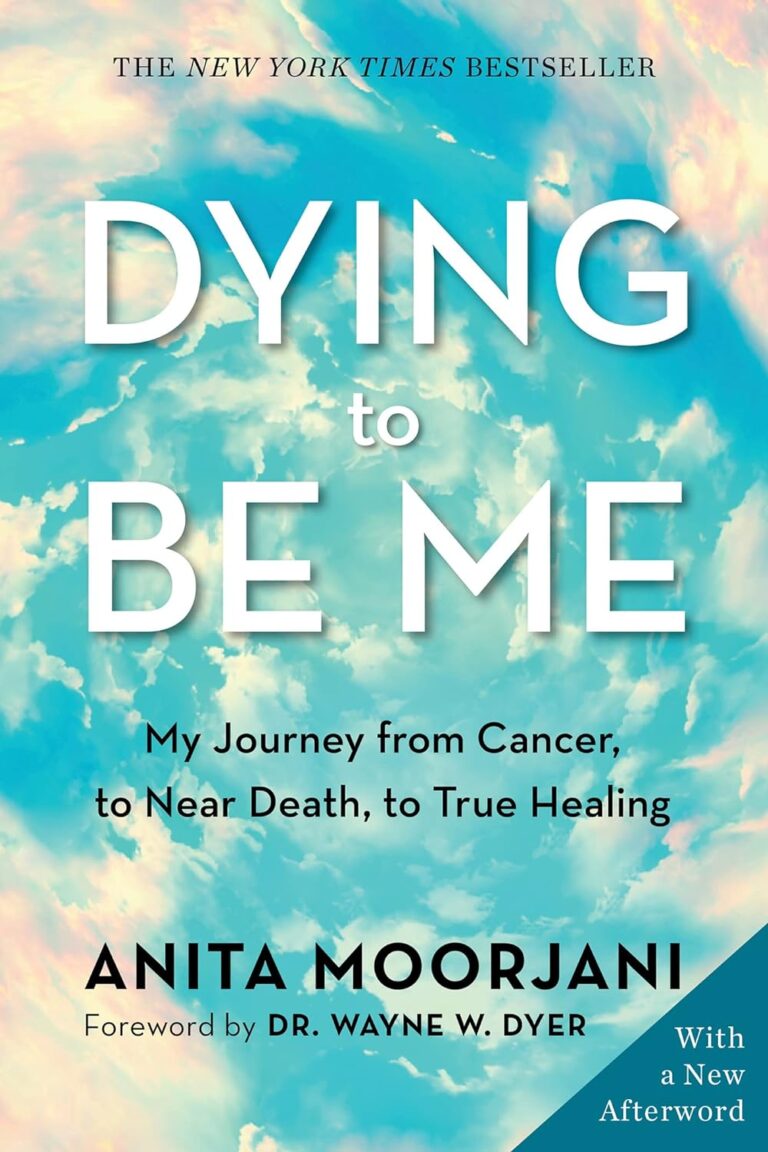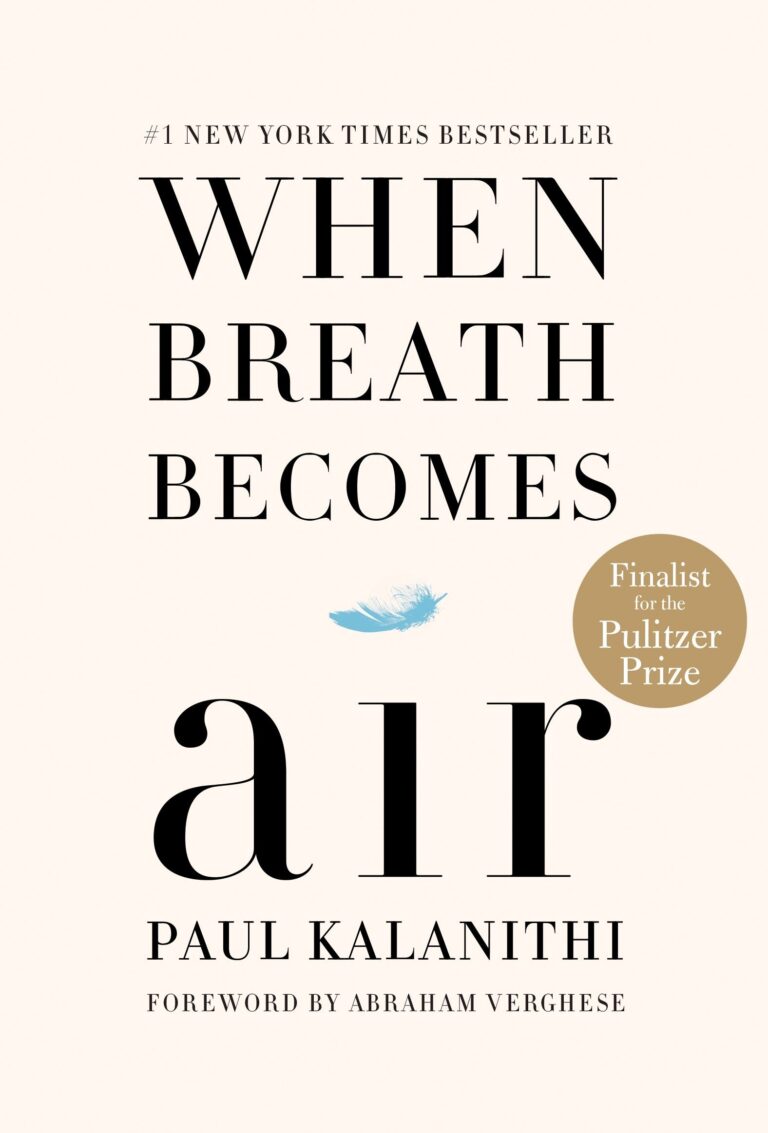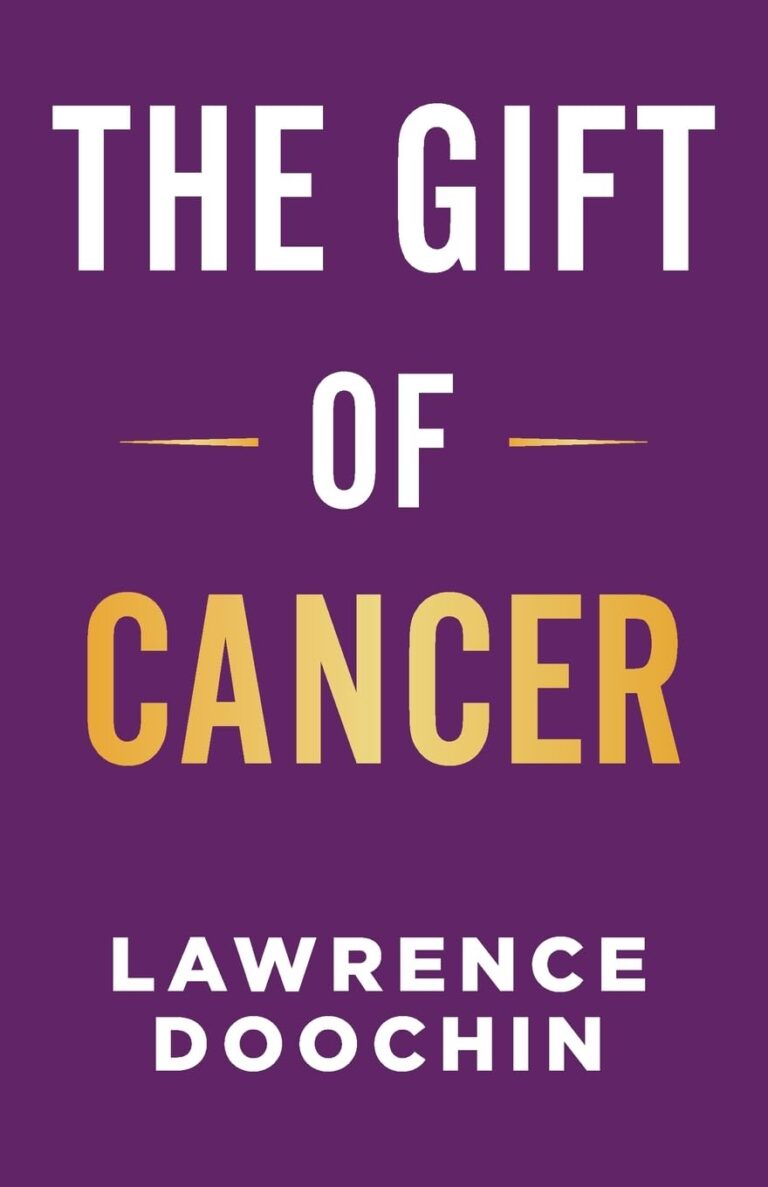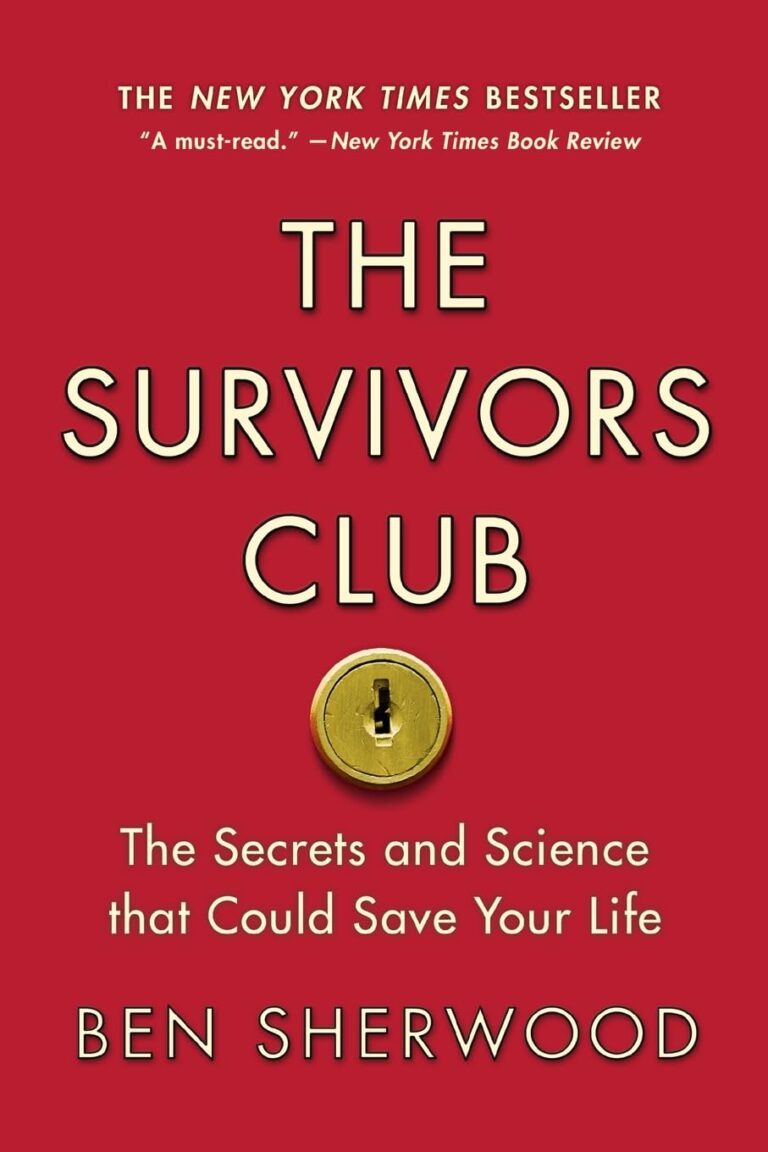
Often used in biological, genetic, and medical contexts, ‘Allogeneic’ is a term that you might have come across quite frequently. Derived from the Greek word ‘Allos’ meaning ‘other’ and ‘geneis’ meaning ‘born’, ‘Allogeneic’ refers to biological samples that share a common origin but differ in respect to their genetic composition. As science advances, the term is finding greater usage, particularly in the medical field.
In simpler terms, Allogeneic means being from the same species but genetically different. This term is typically used in transplantation when the donor and recipient belong to the same species but are not genetically identical.
Details on Allogeneic in Medical Field
Allogeneic in a medical context primarily refers to the usage of tissues or cells originating from a genetically-different donor of the same species for the purpose of medical treatments like transplantation. One of the key areas where this concept plays a significant role is organ and tissue transplant.
This brings us to the difference between Autologous and Allogeneic. Autologous refers to using cells, tissues, or even organs from the same individual for transplantation. In contrast, Allogeneic involves using cells, tissues, or organs from a different individual of the same species.
The relevance and use of ‘Allogeneic’ are especially noteworthy in organ and tissue transplants. Here, the graft or transplant is taken from a genetically non-identical member of the same species. Organ transplants like heart, kidney, or liver transplants, and tissue transplants like bone marrow transplants are common forms of allogeneic transplants.
Understanding Allogeneic Stem Cell Transplantation
At the forefront of medical advancements, Allogeneic stem cell transplantation is a therapeutic procedure wherein healthy stem cells are derived from a donor and then transplanted into a patient suffering from disease or injury. The new cells then grow and multiply, potentially curing the disease or aiding in recovery.
The process of Allogeneic stem cell transplantation involves a series of stages. Firstly, a suitable donor is identified, and stem cells are harvested from them, often from peripheral blood but sometimes from bone marrow. The patient is then prepared for the transplant. This usually involves high doses of chemotherapy, and sometimes radiation, to eliminate diseased cells and dampen the immune response. The collected stem cells are then administered to the patient intravenously. Over time, they grow and develop into a full, healthy blood system.
The benefits of Allogeneic stem cell transplantation are immense. It provides a chance for a cure or long-term disease control for several life-threatening diseases like leukaemia and other blood disorders. However, it does come with its risks. These include Graft vs Host Disease (GVHD), where the transplanted cells could attack the recipient’s body, infection, organ damage, and relapse of disease.
Get to know us better
If you are reading this, you are in the right place – we do not care who you are and what you do, press the button and follow discussions live

Use of Allogeneic Therapies in Healthcare
Allogeneic therapies are on the verge of revolutionizing medical treatment. They involve the use of healthy, functionally active cells from a donor to replace, regenerate, or augment diseased or under-functioning cells in patients.
A classic example of the usage of Allogeneic therapies in disease treatment is in treating severe burns. Instead of waiting for the patient’s skin to regrow, doctors can use allogeneic skin transplant to speed up the recovery process. Another example is the use of Allogeneic heart valve replacements in cardiac surgeries.
The concept of Allogeneic therapies not only holds significant therapeutic potential in the present, but it also has vast future prospects. With ongoing research in stem cell transplantation and regenerative medicine, we are likely to witness immense growth and advancements using Allogeneic therapies.
Conclusion
Understanding ‘Allogeneic’ is integral to note the vast strides that healthcare and medical science are making towards crafting advanced, donor-driven therapies and treatments. Whether it’s about organ transplants, Allogeneic stem cell transplants, or the broad vista of Allogeneic therapies, the role and impact of ‘Allogeneic’ in healthcare are proving to be profound, promising and game-changing.
FAQs
- What is the definition of Allogeneic?
Allogeneic pertains to two or more genetically different individuals or tissues from the same species.
- How is the term Allogeneic used in the field of medicine?
In medical context, Allogeneic is used to refer to cells, tissues or organs that are transferred from a genetically different individual of the same species.
- What is Allogeneic stem cell transplantation and how does it work?
Allogeneic stem cell transplantation is a procedure where healthy stem cells from a donor are transplanted into a patient’s body to stimulate new bone marrow growth, suppress the disease, and reduce the possibility of a relapse.
- What are some examples of Allogeneic therapies used in healthcare?
Examples of Allogeneic therapies include treatments using donated cells, tissues, or organs such as heart, skin, or bone marrow transplants.
- What are the benefits and risks associated with Allogeneic therapies?
The benefits of Allogeneic therapies involve potential cures for life-threatening diseases and faster recovery. Risks include potential for rejection by the recipient’s body, or Graft versus Host Disease (GVHD) in which transplanted cells attack the recipient’s body.

















Comments
Thank you. Comment sent for approval.
Something is wrong, try again later